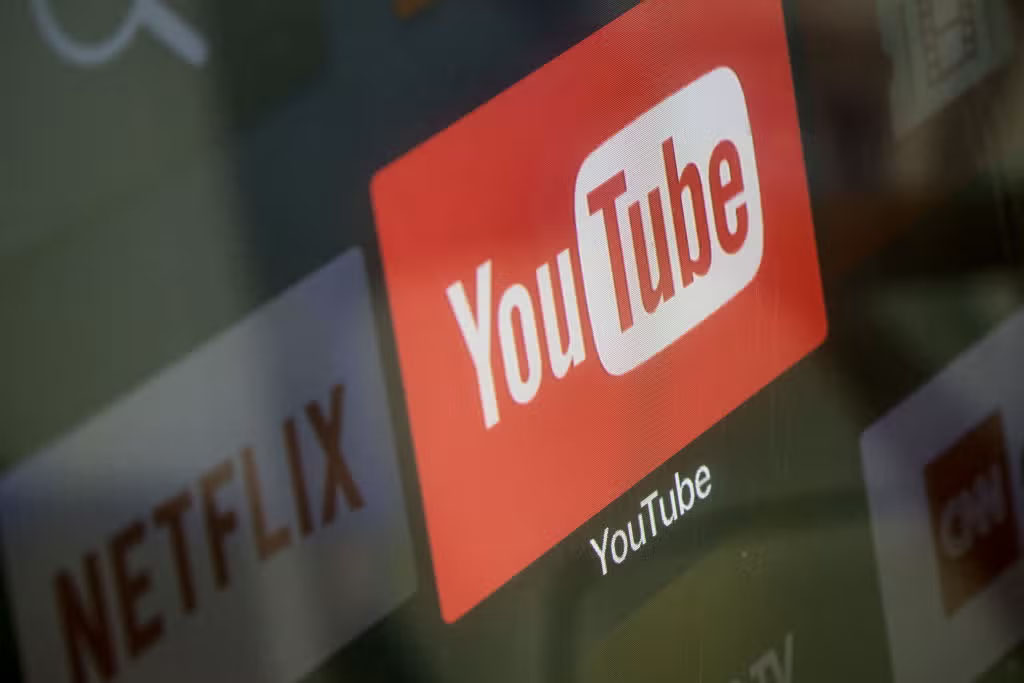
Photo Credit: Getty Images
YouTube demonetized two big channels, Screen Culture and KH Studio, that specialize in creating AI-generated fake movie trailers imitating official promotional videos. This comes after there was backlash against their practice of creating deceptive videos that have received millions of views.
Screen Culture was criticized for making trailers that felt like official promotional videos for major franchises. For instance, they posted a trailer titled WandaVision | Episode 6 Nick Fury Advert Promo | Disney+, technically a reused Capital One commercial starring Samuel L. Jackson, misleading people into believing it was original content from the Marvel show.
KH Studio has also generated deceptive content, such as a fake trailer for a fictional Harry Potter film titled Harry Potter: The Return of the Dark Lord. This trailer juggled footage from other movies, including the original Harry Potter series and random movies such as The Sorcerer’s Apprentice, with AI-generated footage to introduce as a new addition to the series.
These channels have gained enormous followings and views, which equates to significant ad revenue. However, their stunts generated misinformation among their audience, where some think fan-made trailers were indeed the releases. One of them, for example, is a fake trailer created by KH Studio featuring Henry Cavill playing James Bond, with over 2.5 million views and generated mass rumors on whether the actor will be part of the franchise or not.
YouTube’s demonetization of the channels follows its policies against repetitive or duplicate content and against technically altered or doctored content intended to mislead users. The company emphasizes that borrowed content should be significantly changed in order to generate original content.
The producers of such channels have defended their productions as creative exercises and not attempts to deceive. The producer of KH Studio stated that it was meant to be entertainment through imaginary scenarios, not to deceive viewers regarding release. Regardless, the omission of sweeping disclaimers on the videos has been largely responsible for spreading misinformation to viewers.
This is the concern of this trend, with more challenges on the horizon for AI-generated content in the digital landscape as attention shifts to matters of transparency and platform policy to maintain audience trust.
















